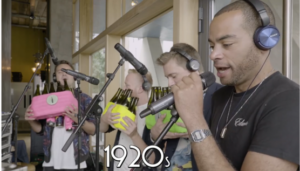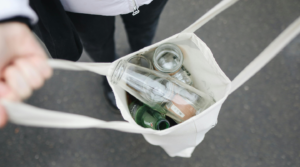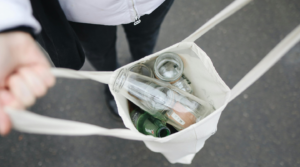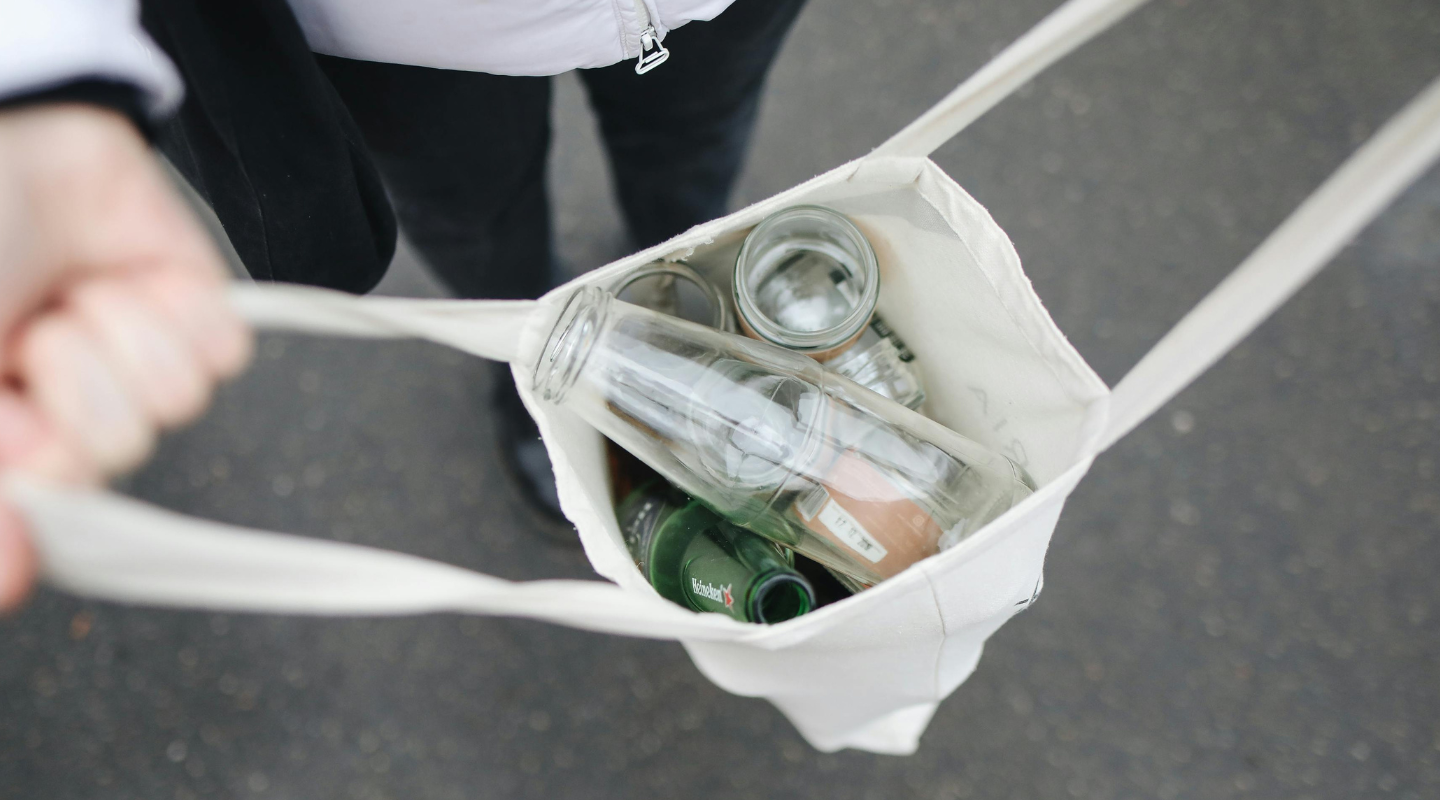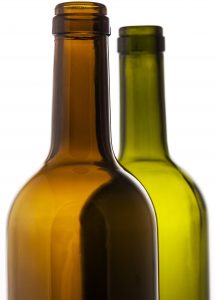
British Glass recently came to the rescue of the humble wine bottle after an article criticising its eco-credentials appeared in BBC Good Food magazine. The article had a rather baffling angle; it stressed the supposed environmental harm done by wine bottles, and was advocating wine sold using a bag-in-a-box.
“While we’re keen supporters of choice – and the enjoyment of good quality wine no matter what the packaging, there were inaccuracies made about the manufacture and recyclability of glass bottles that just had to be corrected. Fortunately, those good people at BBC Good Food magazine were happy to publish a ‘right of reply’” said Dr Nick Kirk technical director at British Glass.
Dr Kirk explained, “Our worry was that this piece undermined important messages about recycling – one of the most realistic and effective ways available to UK wine drinkers looking to reduce their carbon footprint. A quick check of the facts by our experts revealed the article was based on one wine box company’s marketing, using statistics from dubious sources.”
A key part of the article’s rationale was that wine bottles are ‘single use’ and take ‘a million years to decompose’ in landfill.
As Dr Kirk stresses – there is simply no reason for a bottle or jar to go to landfill.
Glass bottles are 100% recyclable – they can be re-melted back into new packaging indefinitely. And glass recycling facilities are available right across the UK. In contrast, the plastic bags inside wine boxes are not currently recyclable at all in the UK.
Dr Kirk also explained that talking about how wine bottles decompose if they (sadly) end up in landfill is misleading:
“Glass is made from non-toxic sand, lime, and soda ash. If it does go to landfill it breaks down and would ultimately turn back into sand – harmless to the environment. Plastics however, can become chemically active as they decompose, potentially causing problems.” explained Dr Kirk.
The article opened with a statistic about the amount of energy it takes to melt glass – which turned out to be approximately ten times the actual amount (when compared to calculations using current official data).
“What the article glossed over was that using waste glass reduces the energy required to melt glass for wine bottles by around 25% – so the more recycled material that goes in, the less energy is needed. Recycling really does matter,” Dr Kirk stressed.
Dr Kirk’s response piece also makes it clear that the benefits of recycling glass go beyond the manufacturing process. Packaging made from recycled material reduces that need for virgin raw materials and so the impact on the environment from the extraction and transport of these. Something, not every packaging material can boast.
“UK-made glass bottles contain on average 30% recycled material and often 65% or more for green wine bottles,” said Dr Kirk.
Dr Kirk finished by clarifying, “Wine-lovers should be reassured that when they buy wine in glass and recycle, they’re making an excellent, sustainable choice.”
